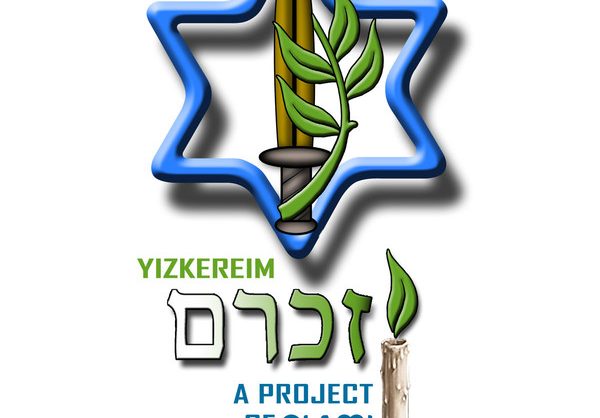Yanai, Tzipora (Piri)
The only daughter of Olga and Yosef to the Breuer family. She was born in 1914 in Czechoslovakia. In her childhood home Piri breathed Zionism and grew up on the dream of returning to Israel. Her parents felt a great deal of responsibility for her fate and as those who advocated the liberation of the people, they decided to abandon their occupations in the diaspora (Piri’s father was a renowned professor of hydrology) and immigrated with her to Israel. In those days, Tel Aviv was a small suburb of Jaffa, sidewalks were not seen, and Piri’s feet drowned among the sea sands. Living conditions were difficult and required fitness, durability and great flexibility. Piri and her parents lovingly accepted the sufferings of the homeland. After a while they left Tel Aviv and moved to Haifa. Piri’s father was appointed professor at the Technion-Israel Institute of Technology in Haifa and worked there for about 25 years. Piri studied at the Reali School and was discovered as a diligent student. When she finished her studies she went on to the university to complete her studies and studied with the renowned professor Joseph Klausner. As fate would have it, she met a young engineer, Alexander Jannaeus, who, like him, received a complete Hebrew education. The couple became friends and realized their love by marrying each other. In time, Alexander was appointed commander of the “People’s Guard” of the Haganah. The young couple had a son and a daughter, whom Piri raised and educated with devotion and love and dedicated her life to them. Piri is remembered as a beloved, soft and tender wife, who received great respect among her acquaintances. As if the love of man and the land was inherent in her blood, she was determined to contribute her share to the collective effort. Thus, in the days before the establishment of the state and following her husband, Piri enlisted in the “People’s Guard” and joined another three thousand women who followed a similar path in order to lift the burden of the occupation. At that time, the Hagana headquarters was located on Ovadia Street in Jerusalem’s Kerem Avraham neighborhood. Piri and her friends passed a swearing-in ceremony for the Haganah and the People’s Guard. After that, Piri began to recruit other women to the organization. During the War of Independence, Piri, like the entire civilian population, was part of the battles that took place in Jerusalem and showed courage in her efforts to obtain water and food for the residents of the Kerem Avraham neighborhood, and sacrificed her life for the values she grew up in. On February 9, 1948, at the height of the War of Independence, Piri fell in her role as a Jordanian bombardment of the Kerem Avraham neighborhood in Jerusalem, and two other buildings were damaged during the Arab Legion attack on the city. Piri was buried in Har Hamenuhot, leaving a young husband, Son of Giora and Daughter of Tirza, in a press section of the same period, the story of Piri was brought under the heading: “Piri (Zippora) was gone – and the street wore gloom.” The article describes what happened in the words: Last year, when Zion was brutally attacked by desert tyrants, a phosphorous bomb was thrown into Zephaniah Street. The house was hit, and flames went up in flames. Mrs. Zippora Yanai – the wife of the commander of the People’s Guard – felt the help of the tenants. At that moment the place was bombed again. A lump of steel hit the soft tender wife and overwhelmed her. A pure and pure tumult ascended to the heights … An astonishment immediately gripped all the inhabitants of the neighborhood and darkness descended upon the house of Alexander Jannaeus … Everyone knew Mrs. Piri, who came to our neighborhood from the heights of Mount Carmel. She acclimatized beautifully in the atmosphere of ‘Kerem Avraham’ and became one of the most Yaffa figures of the local residents. With all the strength of her youth, Piri devoted herself to the People’s Guard in order to enlist all her friends and acquaintances and to provide relief to the suffering population and to groan from its harsh wounds. “(This page is part of the Yizkor memorial project,
